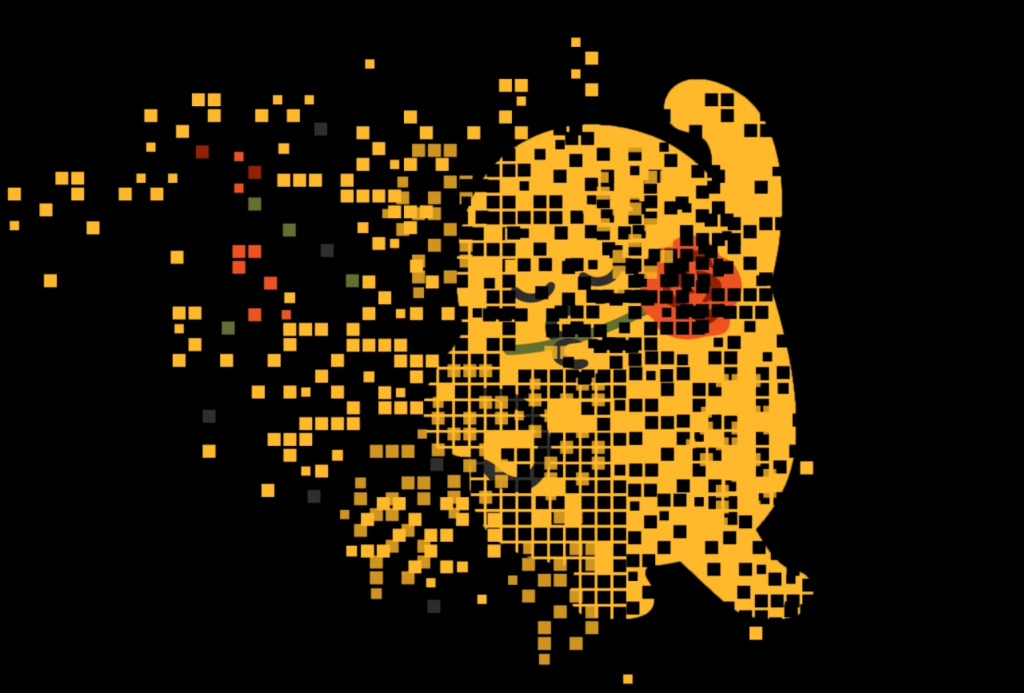 Written by Paddy Johnson for Gizmodo, Jan. 21, 2020:
Written by Paddy Johnson for Gizmodo, Jan. 21, 2020:
While emoji objects like the gun may retain their original meaning, changed illustrations of faces do not have this problem. A face gritting teeth is always going to read differently than the toothy smile it evolved into and short of a biological evolution that alters our instincts that’s not going to change. According to Alicia Eler, author of The Selfie Generation and visual art critic and reporter at the Minneapolis Star Tribune, manipulation of meaning happens at a user level. While one sad emoji might represent genuine despair, the aunt who sends six in the hopes of signaling emotional vulnerability may in fact be using emoji to emotionally distance herself.
We use emoji as tone markers or to make messages more beautiful. They have many of what lexicographers call paralinguistic uses—meaning that emoji fits inside what’s already written to add nuance or modify meaning, rather than simply replacing words. In the documentary Picture Character, Linguist Tyler Schnoebelen described the job of emoji as that of “happiness work.” “The most popular [emoji], by far, the smiley faces and hearts,” he said. Emoji scan far more quickly than words; a red heart instantly communicates love and compassion, whereas the black version communicates morbidity, sorrow, and dark humor. “Emoji is a softer way” than a selfie “of sharing because it’s a standardized type of image,” said Eler. “It’s a safer way to express emotions—less vulnerable and more clear. They’re soft emotions.”
Even soft emotions pack a punch. When I asked Benenson what keeps him to returning to emoji since publishing his book, Emoji Dick in 2010, he told me he wanted to know what images matter. “[Emoji] are the symbols we chose to encode in our software and a front seat to what’s influencing people,” he said. Put another way, they’re the images we’ve decided are valuable enough to preserve forever. In 2015, the emoji keyboard was enabled for all iOS users by default, which lent them the momentum to become the most popular keyboard in the world. According to Benenson, their placement in our keyboards, which he describes as the most precious real estate in the digital world, makes them a particularly important communication tool. “They’re in our most intimate exchanges with our friends and family. That’s bigger than an app,” he said. “Ultimately it’s a conversation about power.”
Read the full story on GIZMODO: https://gizmodo.com/emoji-we-lost-1841017375



